For I am convinced that neither death, nor life…
nor anything else in all creation,
will be able to separate us from the love
of God in Christ Jesus our Lord.
Romans 8:38-39
Planning Your Funeral at Holy Innocents
Planning your funeral doesn’t have to be something you avoid—it can be a meaningful act of faith. It’s a chance to reflect on your life, your values, and how you want to be remembered, all in light of the hope we have in Christ.
The liturgy for the dead is an Easter liturgy. It finds all its meaning in the resurrection. Because Jesus was raised from the dead, we too shall be raised. That’s why the tone of the service is one of joy, even in the midst of sorrow. As Romans 8 reminds us, “neither death, nor life… nor anything else in all creation will be able to separate us from the love of God in Christ Jesus our Lord.”
This joy, however, does not make our grief un-Christian. The love we share in Christ brings deep sorrow when we are parted by death. Jesus himself wept at the grave of his friend. So we hold both truths together: sorrow and hope, grief and joy.
This guide is here to help you begin shaping a service that reflects your faith and your life—a true gift to those you love. The clergy and musicians are always ready to help you with decisions and details. When you’ve completed the planning forms, please return them to the church office. We’ll make a copy and return the original to you.
Funeral Planning Guide Planning Worksheet Fees
Concerning the Service
The death of a member of the Church should be reported as soon as possible to the church office. We want to support you and share with you in this time of loss. Please contact the priest on call by dialing 404-255-4023 and choosing #2 when prompted.
If the time has come to plan a funeral service, contact Melody McNeil | 404-255-4023 |
Soon after, the family will meet with the clergy person chosen to officiate at a service. In the meeting, details about time, place, location, readings, music, and reception will be discussed. Fees associated with the service and reception will also be shared.
Here are a few other things to consider:
- Scheduling: Before making public announcements, please have your family confirm the day and time with the clergy.
- Clergy & Music: A Holy Innocents’ priest typically officiates, and our music staff provides the music. In addition, guest clergy or musicians may be involved in coordination with our Rector and Director of Music.
- The Service will follow the Book of Common Prayer. The Burial Service, Rite II, begins on page 491 of the Book of Common Prayer found online at www.bcponline.org. The clergy will help choose readings, hymns, and prayers. We will prepare and print a service leaflet.
- Readers & Prayers: Family and friends may participate by reading scripture or leading the prayers. The Gospel is read by a deacon or priest.
- Eulogies: We encourage remembrances to be shared at the reception.
- Eucharist: We encourage including Communion as a powerful expression of resurrection hope and connection with all the saints. The clergy will take great care to extend a welcome to all present as part of the unconditional hospitality of Jesus.
- Body or Ashes: If possible, we recommend the body or ashes be present as a sign of our incarnational faith.
- Flowers: Our flower guild may be available to provide an arrangement in the Nave or Christ Chapel that remains in place for church services. We also have a local florist who knows our space well. Large numbers of floral pieces are not used in the church. Additional floral tributes may be displayed at the reception.
- Receptions: We have several spaces that will accommodate receptions of various sizes. Our church’s Reception Committee members may be able to provide refreshments, or we can provide catering contacts.
- Military Honors: The burial rituals of fraternal orders, military organizations, or other associations are generally held at some point prior to the Church’s burial service. These details are handled by the family and must be discussed with the clergy prior to making arrangements.
- Honoring Other Traditions: Families sometimes wish to include customs from other faiths or Christian denominations that were meaningful to their loved one. Our clergy are glad to discuss how such practices might be respectfully included within the Episcopal burial liturgy, as we seek to honor the person’s life and spiritual journey with grace and hospitality.
- Fees: A current fee sheet for associated services, receptions, and burial is available from the office and online. Full payment is required before interment. The Vestry and Rector may change the amount of the fees at any time. Families may take a longer period for payment; please discuss arrangements upon inquiry. Application may be made to the Clergy Discretionary Fund for financial assistance.
